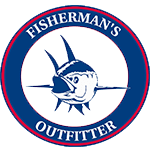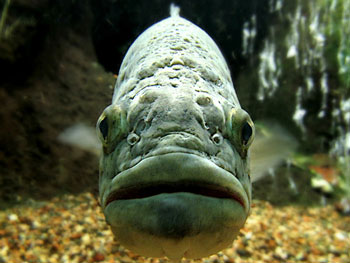Harpoon Fishing: Big Action with No Bycatch
October 24, 2011Fishing Is Just a Series of Life Lessons
November 2, 2011Did you know that more than 50 million Americans go fishing at least once every year? Men and women, kids, amateurs and professionals, hobby anglers, and more can all be found on the water, tossing in their lines. That’s a lot of people fishing, resulting in a lot of fish caught. With so many anglers out there and a limited number of fish, we can’t afford not to fish responsibly if we want future generations to be able to enjoy fishing as much as we do. Here are 10 tips that everyone who loves fishing can use right now to make sure the fishing is still great when we’re old and gray:
1. Fish mindfully by using barbless hooks and learning proper catch and release techniques to give fish a better chance at survival.
2. When fishing for your supper, don’t take more than can be eaten or stored.
3. Practice proper fishing etiquette by keeping clear of other boats, steering clear of private waters unless permission to fish has been granted, and treating others out on the water with respect and courtesy.
4. Watch your speed and your wake, and always keep a reasonable distance from anglers on shore, jetties, and swimmers.
5. Never use a boat to herd fish on flats or to spook fish so it will reveal itself.
6. Follow fishing regulations, including obtaining licenses when necessary, and report poachers.
7. Educate yourself about coastal habitats, local fish species, fisheries operating in your area, and environmental protections in place related to water-based conservation efforts.
8. Protect your local fishing spots by taking your trash home with you, never dumping oil or fuel, and making an effort to leave sites cleaner than you found them.
9. Never use live bait fish that aren’t native to the waters you are fishing to avoid contamination by invasive species.
10. Engage in and support science-based advocacy geared toward creating better conservation strategies.

